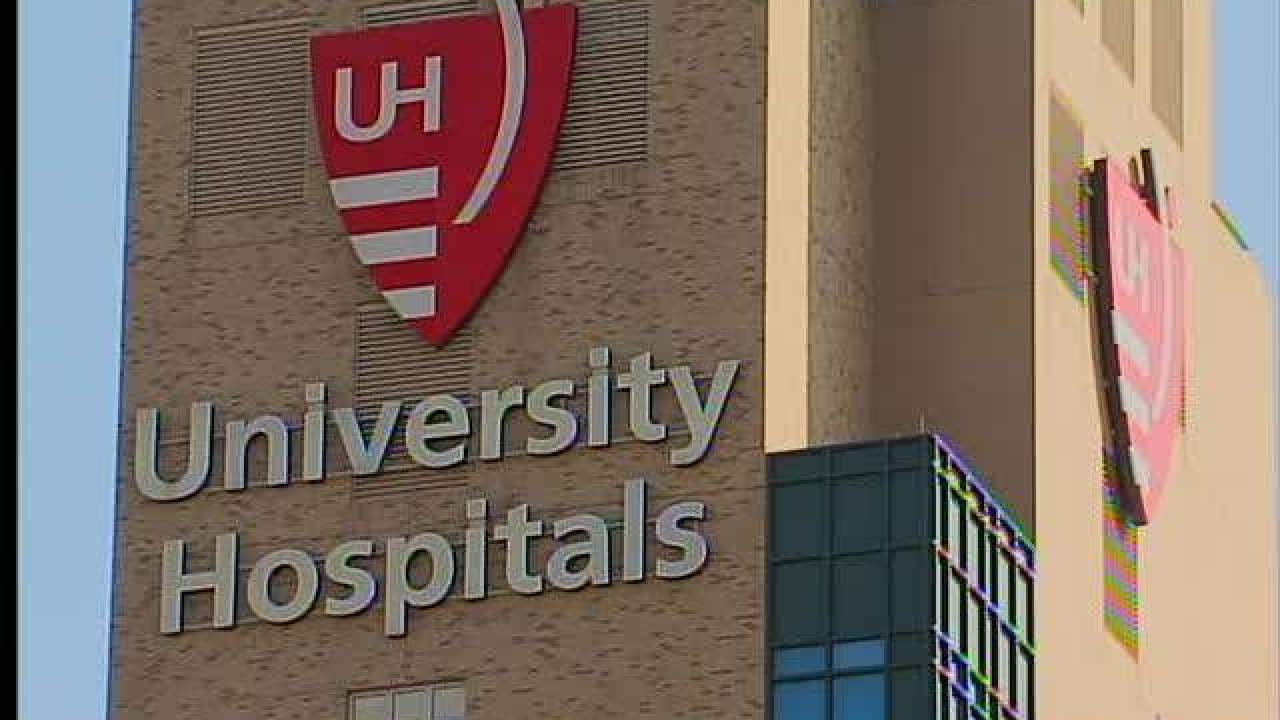A refrigerator malfunction at the University Hospitals Fertility Clinic over the weekend has left viable eggs and embryos in a questionable state.
University Hospitals says it is investigating the "unexpected temperature fluctuation with the tissue storage bank where eggs and embryos are stored in liquid nitrogen."
The hospital is bringing in independent experts, and at this time does not know the viability of the 2,000 vials of eggs and embryos impacted, affecting more than 700 patients. In order to determine whether or not the eggs and embryos are still viable, they have to be completely thawed, but they cannot be refrozen after that. Patients are being asked to contact their physicians.
Patients are concerned their hopes and chances of having a child have been lost with this incident.
Marlo Emch is one such patient.
Emch and her husband welcomed their baby, Ryland, through in Vitro Fertilization 10 months ago.
"We were one of the lucky ones, we did conceive a child," she said.
But now the couple is unsure if Ryland will have the sibling they hoped for.
"It's beyond devastating. It's a spiritual, emotional, physical loss," Emch said.
According to University Hospitals, none of the eggs and embryos impacted by the partial thaw will be destroyed. They have been moved to another cryo tank at the correct temperature.
University Hospitals released this statement:
Right now, our patients come first. We are incredibly sorry this happened. We are committed to getting answers and working with patients individually to address their concerns. We have already initiated contact with all of our patients to inform them and respond to their questions, and set up a designated call center to arrange personal meetings or calls with their physicians.
As always, we are guided by the principle that we are going to do the right thing by our patients and their families.
It is unknown at this time how much it will cost to fix this. UH says it could mean procedure fees would be waived for future treatment.
University Hospitals said they have increased security given the emotional nature of the situation.


